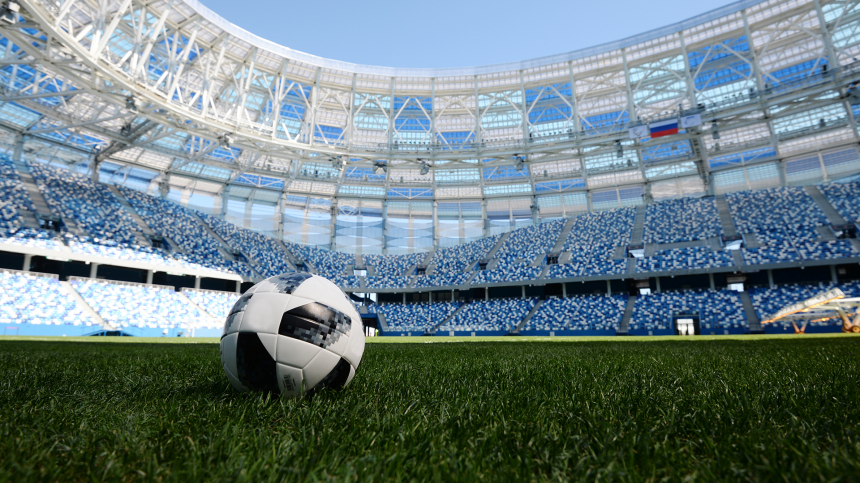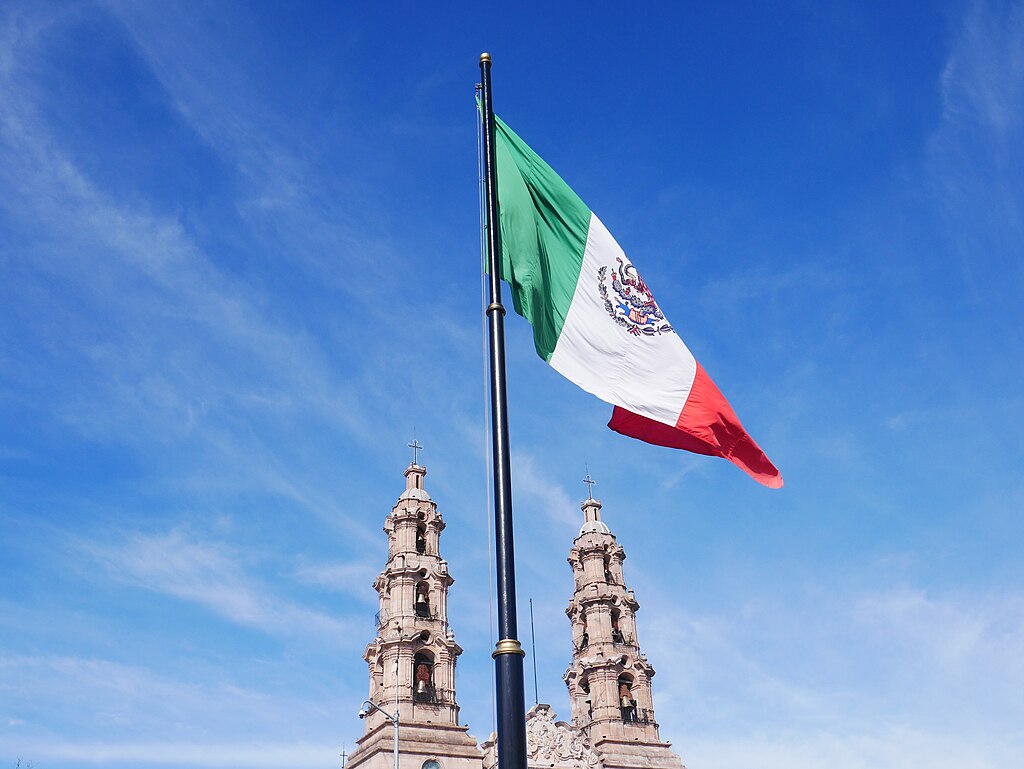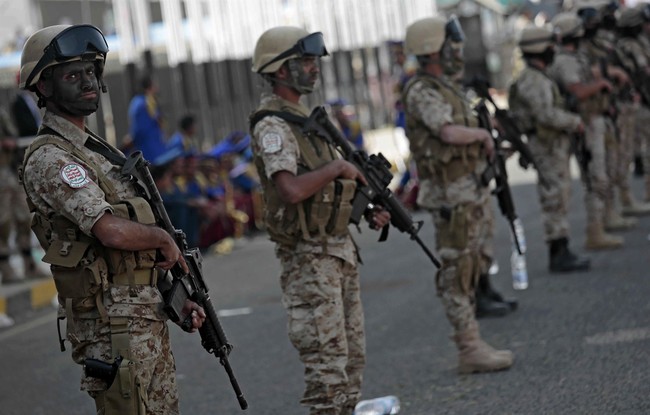FIFA and UEFA's Future Plans and Controversies
The soccer world is buzzing with key decisions and debates involving FIFA and UEFA as significant developments approach in international tournaments and governance.
Published April 04, 2025 - 00:04am

Image recovered from 5-tv.ru
The international football landscape is experiencing significant shifts, as recent announcements and speculations have brought the focus on the future of major tournaments organized by FIFA and UEFA. One of the most notable developments concerns the United Kingdom's bid to host the 2035 Women's World Cup. FIFA President Gianni Infantino recently identified the UK as the sole valid bidder for the tournament, which would mark the first FIFA World Cup hosted in the country since the men's event in 1966. The joint bid by England, Northern Ireland, Scotland, and Wales is poised to offer a unique opportunity to elevate women's football on the global stage following the success of past tournaments.
FA CEO Mark Bullingham expressed high hopes for what this tournament could bring, both locally and globally, echoing sentiments from England's women's manager Sarina Wiegman on the impacts such an event could have in terms of boosting women's football's visibility and development worldwide. The 2035 Women's World Cup will follow substantial changes to the tournament format, set to expand from 32 to 48 teams by 2031. This move aims to mirror the men's tournament format and provide opportunities for more nations to participate, expanding the sport's reach and impact in diverse regions.
A parallel discussion in the soccer governance community involves Russia's potential return to international tournaments. FIFA, under Infantino's leadership, has indicated a desire to facilitate Russia's reintegration into the global football fold, contingent upon the resolution of the ongoing conflict in Ukraine. This perspective emphasizes football's role as a unifying force across political divides, with Infantino advocating for the end of hostilities as a prerequisite for Russia's return.
UEFA, led by Alexander Ceferin, mirrors this outlook, acknowledging that European competitions could welcome Russian teams post-conflict. The backdrop for this discussion is a broader context of strategic decisions facing UEFA, as highlighted during its 49th Congress in Belgrade. The gathering tackled vital issues about European football's future, including executive committee elections, financial planning, and representation within UEFA's governance structure.
In another controversial proposal that has stirred debate within the sport, UEFA President Ceferin criticized a plan to further expand the World Cup to 64 teams in 2030. This proposal comes on the heels of the 2026 expansion, initially growing from 32 to 48 teams. The potential further expansion poses logistical and competitive concerns, particularly given the complex hosting structure planned for the 2030 tournament, spanning three continents and multiple host nations.
These discussions are set against a backdrop of strategic football diplomacy, with UEFA and FIFA both eager to maintain football's unifying legacy while addressing the governance and logistical challenges that come with growing the sport across continents. As the football world braces for these impending changes, the dialogue around inclusivity, development, and strategic unity remains pivotal in shaping its future.






